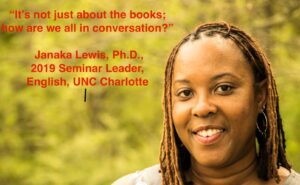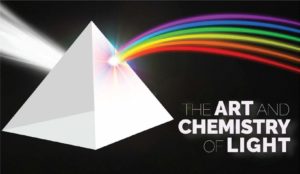Torrie K. Edwards, English II, William Amos Hough High School
Implementing Common Core Standards
200 Word Synopsis
My curriculum unit focuses on the use of the father-son relationship as representative of greater social change in the culture in which a particular piece of literature has been written. Considering psychological and developmental theory alongside historical politics, students examine pieces of world literature as parts of changing governmental systems, apparent social disorder, and evolving values. Within each of the major works we study (Night, Things Fall Apart, Julius Caesar, and Antigone), there exists a troubled father-son relationship. The strife between these two characters can be likened to what is happening in each of the societies of the literatures; that is, the sons (Nwoye, Elie, Haemon, Brutus) push against the values and expectations of the fathers (Okonkwo, Shlomo, Creon, Caesar) in order to change their current social or political circumstances, much like the younger individuals of their societies reject and change the institutionalized moralities of their fathers’ states. After making this connection, students contemplate how this ubiquitous metaphor in world literature can be identified in the lives of American students. We consider how students can identify as unique individuals who may push against or try to change a larger state, much like sons in world literature push against their fathers.










 Home
Home